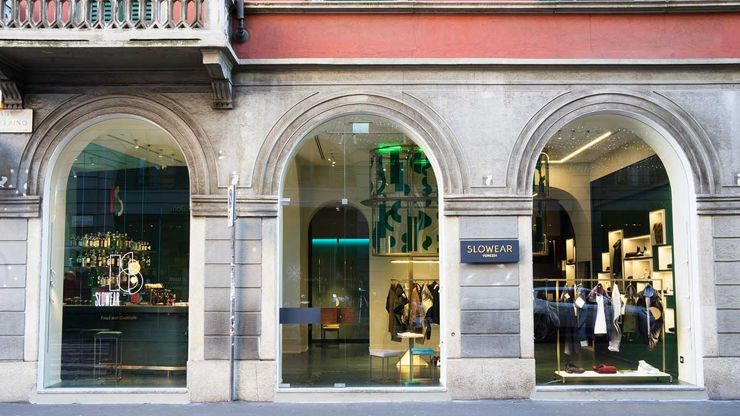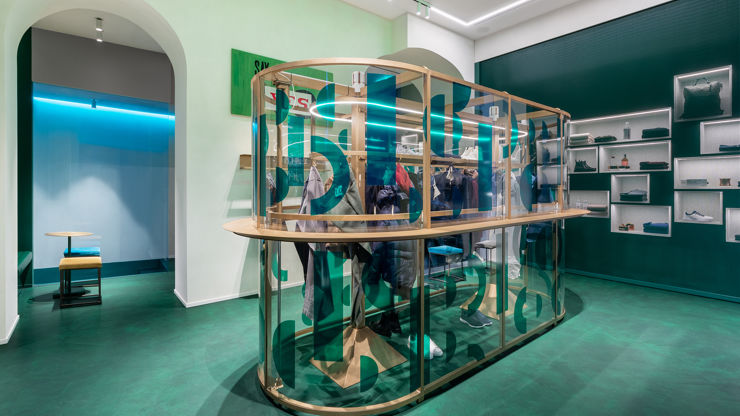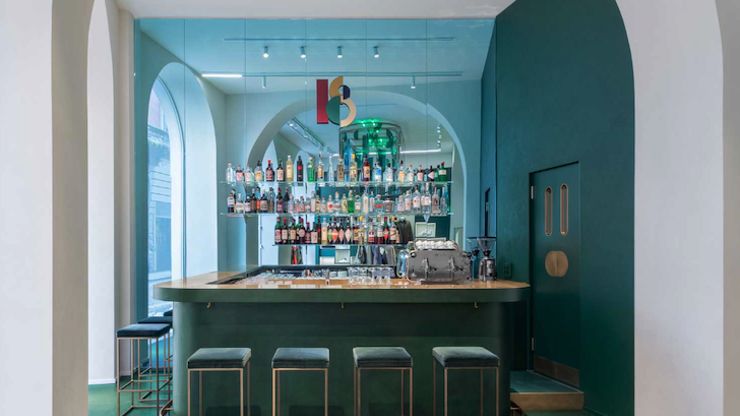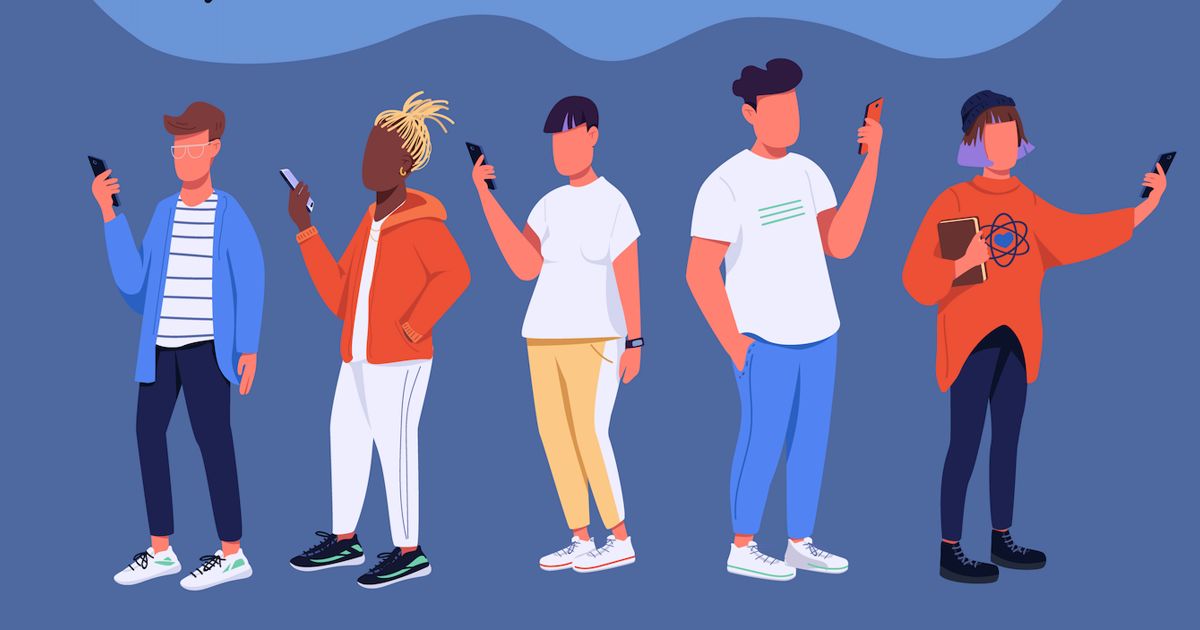For years brands have been obsessed with creating communities, tribes that different generations, different cliques, can align themselves with.
The power of community knows no bounds, but the next generation don’t want your tribe, they want to create their own patchwork story. People are affected by the spirit of their times, by the eras they grow up in. Generation Z is no different.
The next generation don’t want your tribe, they want to create their own patchwork story.
Generation Z are those born between 1997 and 2015. They’re currently aged between six and 24 and have grown up alongside - and inside - the smartphone. They are digitally native and digitally grown. They developed their ideas and their ideals from a wealth of media sources and, crucially, a wealth of different voices. And they grew up with myriad ways of expressing themselves.
This is a generation whose digital selves are more important than their physical ones. Whose digital selves act almost like Peter Pan’s shadow; unstitched at the feet, but still undoubtedly their own. But what does this mean for their consumption habits? As older generations wistfully watch the high street of old crumble about them, Gen Z isn't paying attention. Their heads are down, eyes on the screen in front of them, because they’re busy experimenting, using their sense of self as a space to test and change.

Above: Smart phones are at the heart of Gen Z's identity.
Where do they turn?
Consumption for Gen Z means having access to products, not necessarily owning them. 55% of Gen Z choose brands that are eco-friendly and socially responsible, according to research by the National Retail Federation, while 94% believe that companies have a responsibility to make the world a better place, according to a study done by 3BL Media.
Consumption for this generation is an expression of individual identity. This identity is formed from attitudes surrounding both the ethicality of brands and also through the recommendations of their peers. Indeed, a study from McKinsey found that 63% of Gen Z consumers said recommendations from friends are their most trusted source for learning about products and brands. Gen Z buy because they like it, their friends like it, because they want it, and because they can.
Consumption for this generation is an expression of individual identity.
Within the fashion space this has given rise to lending platforms like By Rotation and Hurr, which launched a rental service with Selfridges last year. These businesses offer a guilt-free fashion fix and an opportunity for users to try on many metaphorical hats. These brands cater to this generation’s desire for self-expression above all else, to their desire to be heard for who they are. As Kim Jenkins, Assistant Professor of Fashion Studies at Ryerson University’s School of Fashion explains of this generation: “Some people are angry and resentful because they feel like their voice isn't heard, so clothing is a space where they can be self-governed.”
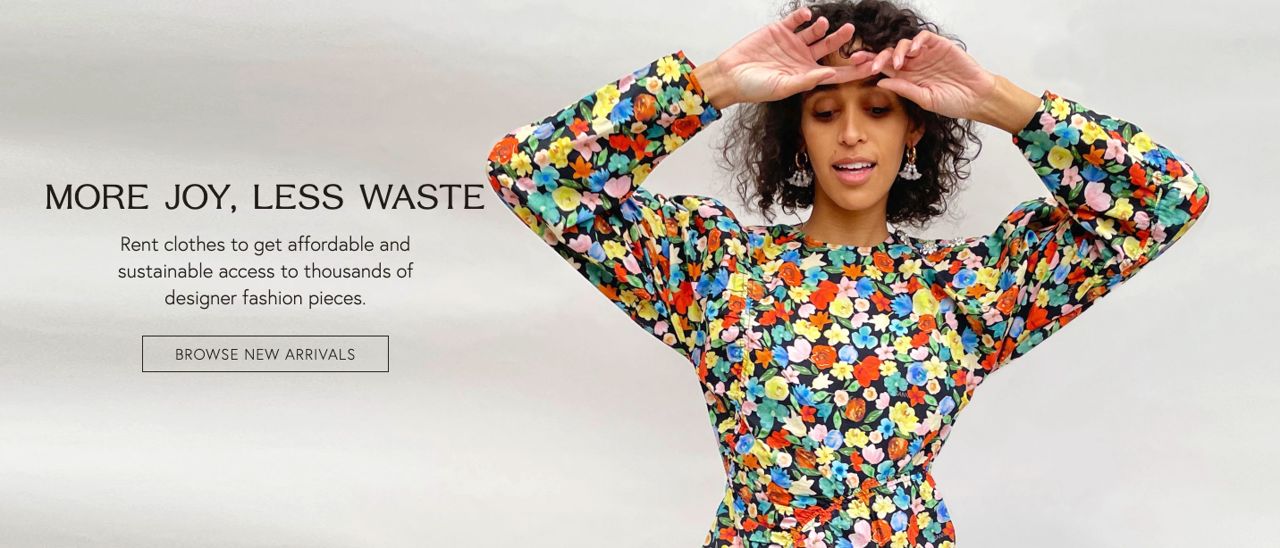
Above: Brands like Hurr, a fashion-lending platform, uses Gen Z's desire for access rather than ownership.
Experience it all
Gen Z are using their phones to shop more than previous generations, but they see phones not as something extraordinary but as a tool. They’re experiencing brands in every corner of their online life and so these same brands need to beware this generation’s discernment because they have a bloodhound-like nose for inauthenticity. While their digital selves traverse the web, physical retail experiences become more vital than ever. If Gen Z is bothering to go into a store, to deign your brand with their attention, they want an experience that compliments the one they had online, whether that’s matching tone of voice or aesthetic.
Brands need to beware this generation’s discernment because they have a bloodhound-like nose for inauthenticity.
An example of this is the concept store Slowear18 in Milan that shifts into a cocktail bar after 7pm. The display case becomes a bar top, allowing shoppers to feel totally immersed in a shifting space without feeling like you are in a brand world. This kind of retail experience fosters the idea of togetherness that we are all so craving as the pandemic lengthens into a new year.
Above: The Slowear18 concept store in Milan transforms from clothes to cocktails after 7pm.
Gen Z want to be part of the story
As brands populate - and often dominate - the feeds they scroll down, Gen Z has become the most likely generation to avoid ads altogether, according to a study from Kantar Millward Brown; 69% of them compared to a 50% global average. So, if brands can’t reach them with advertising, the stories they tell need to capture their audience’s imaginations. They need to speak to something greater than selling a product.
If brands can’t reach [Gen Z] with advertising, the stories they tell need to capture their audience’s imaginations.
This is a generation that doesn't want to be part of a brand’s tribe but, rather, wants to pick and choose bits of the brand that align with parts of their personality. They are a detailed, self-made jigsaw puzzle, discouraged by brands wanting to dissolve them into one definition.
Gen Z is the first generation of truly digital natives. Brands that grant them the space to express themselves will tap into a new era of consumerism, a striving for truth, whether about the consumer themselves or the brands they’re buying from.
)




 + membership
+ membership





